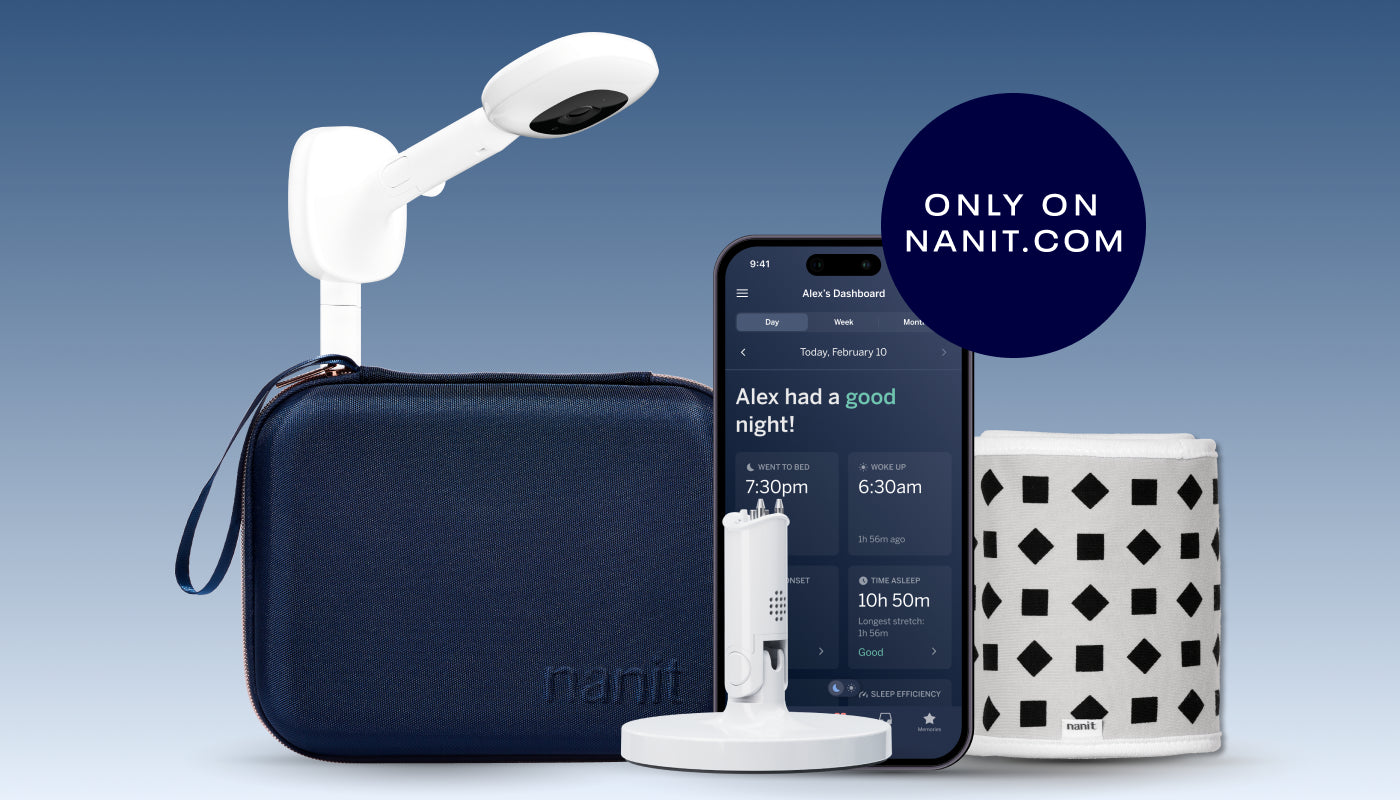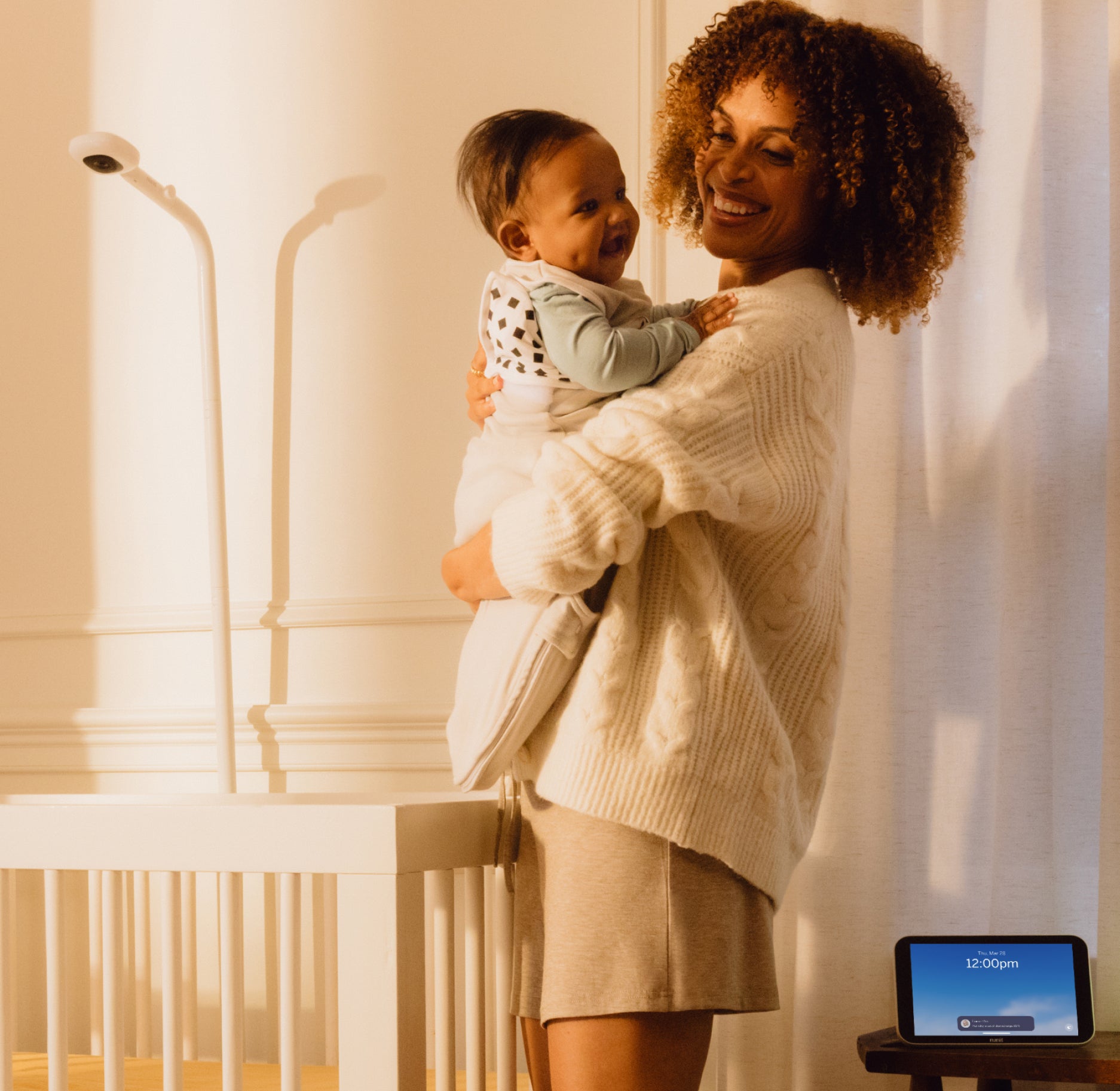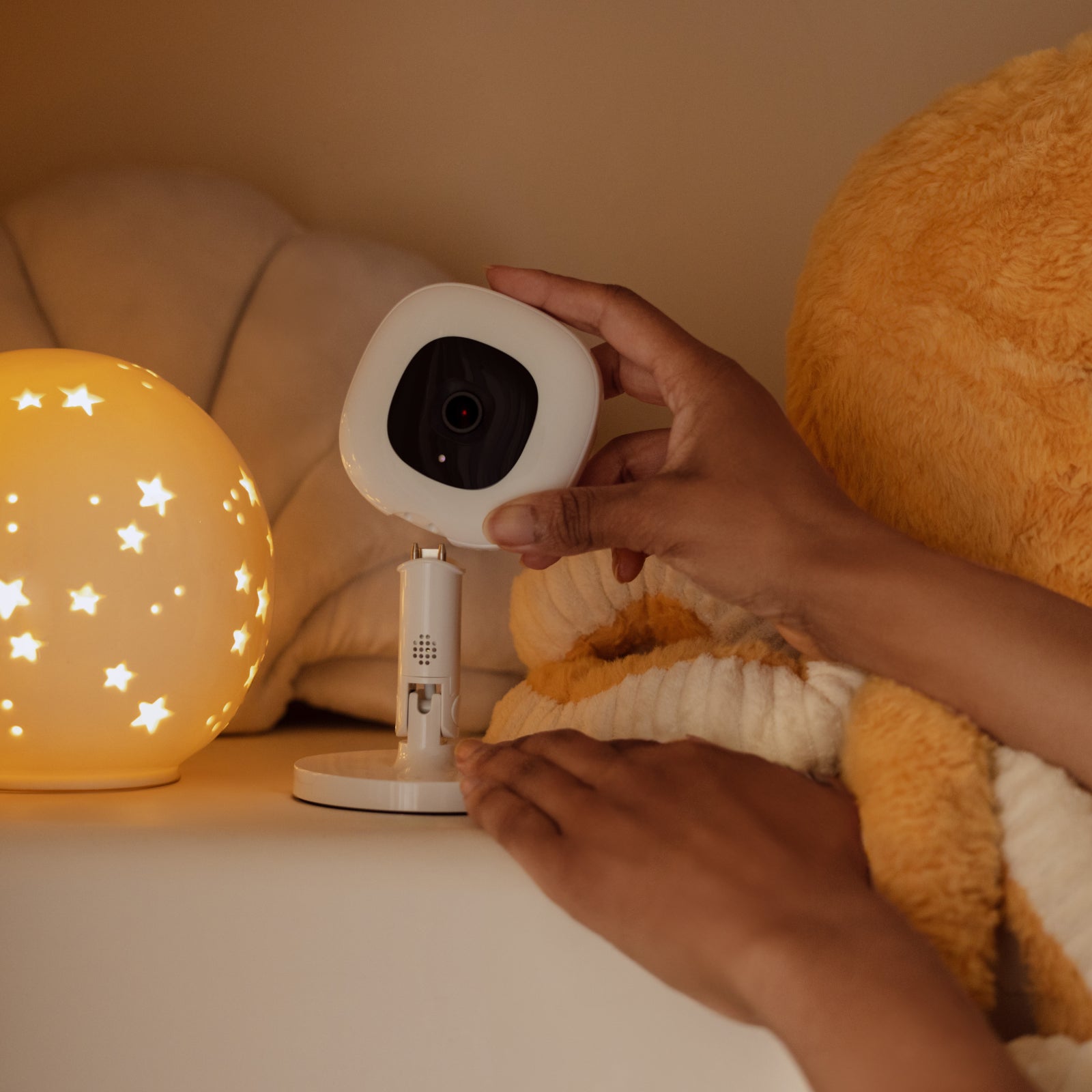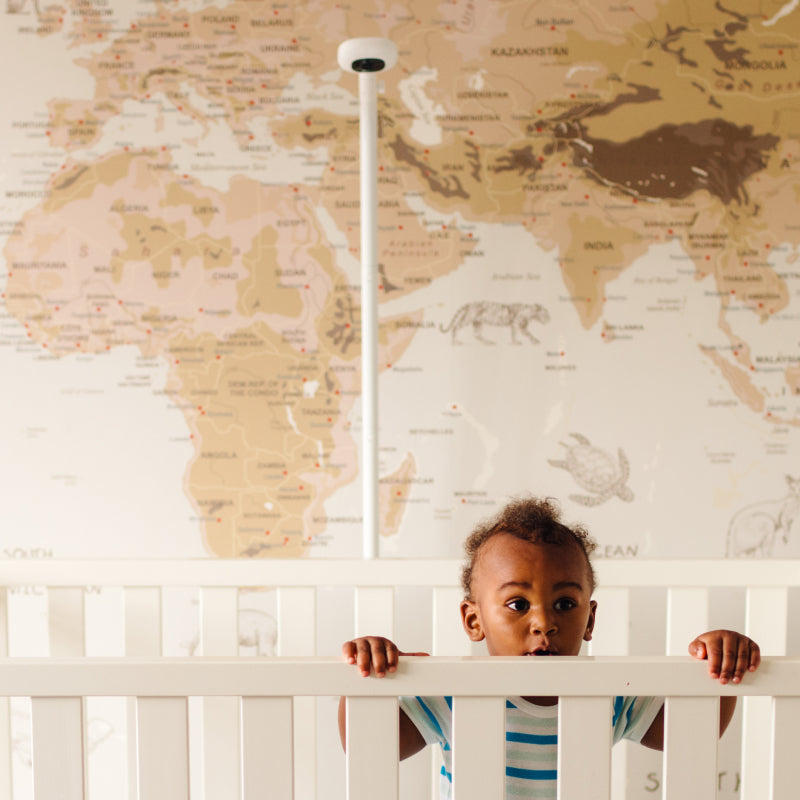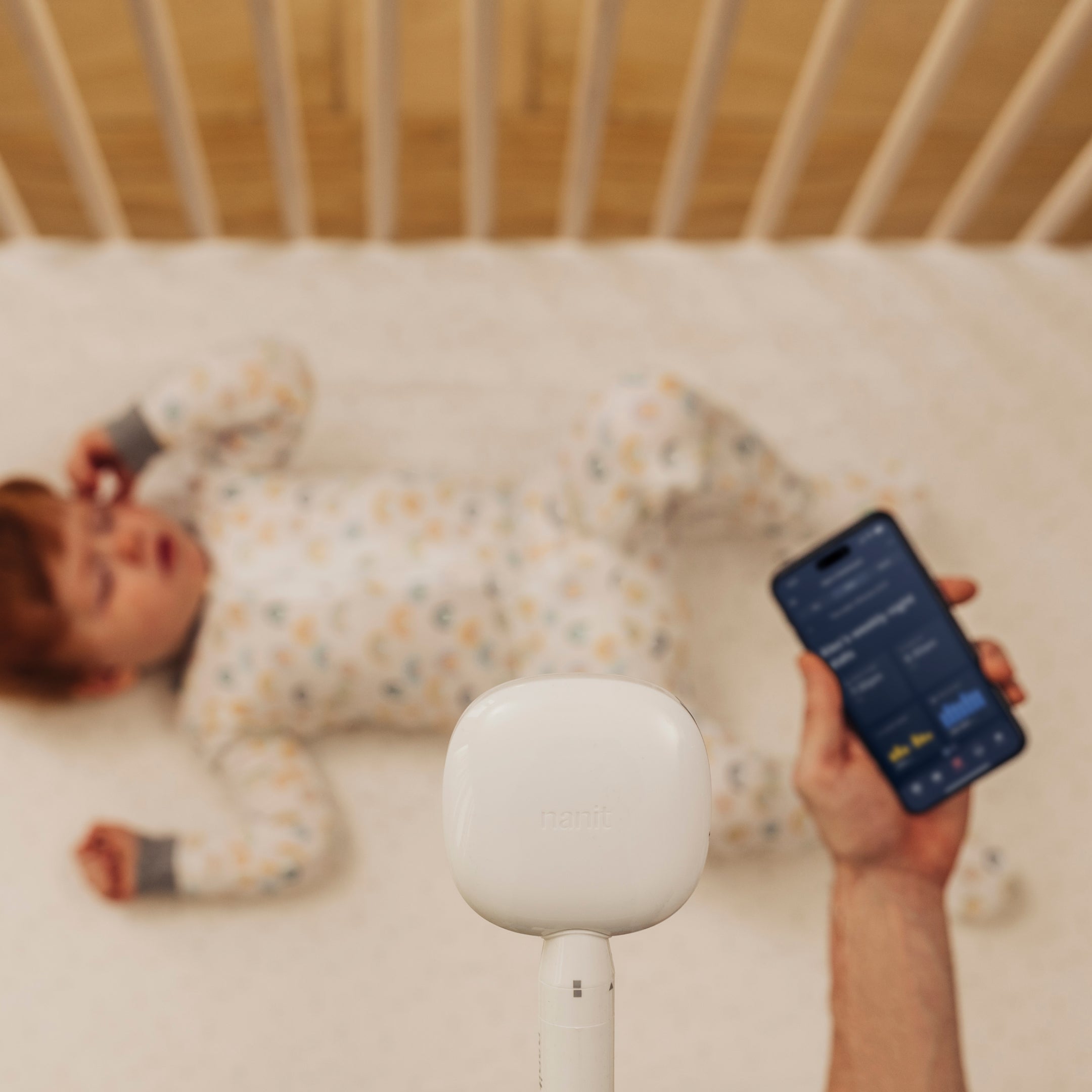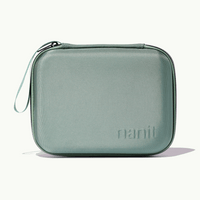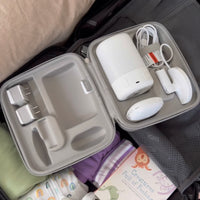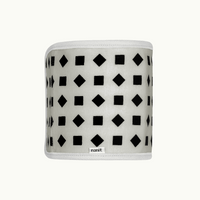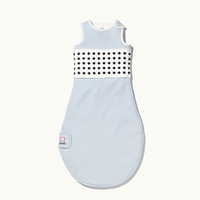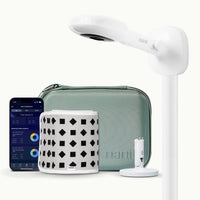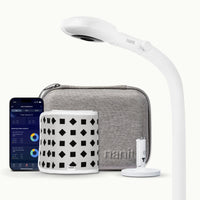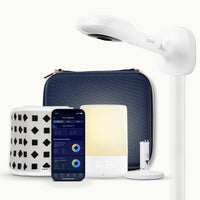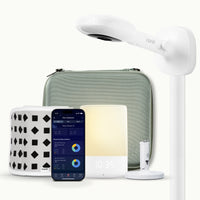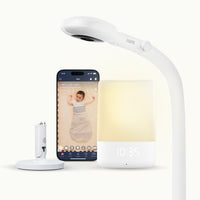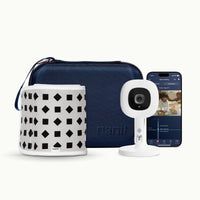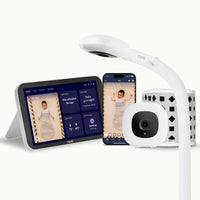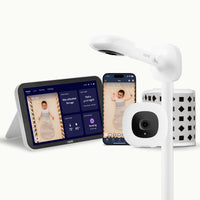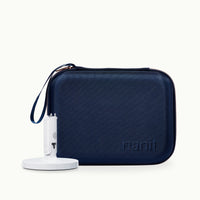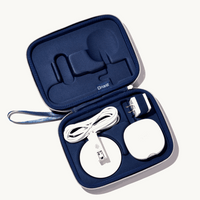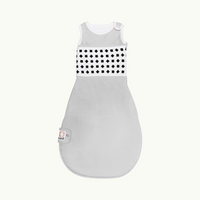Your baby’s first pediatrician visit, called a well visit, sets the foundation of quality care for years to come. As a parent to a newborn, your mind is likely swimming as you keep up with all the life changes that come with bringing home a new baby. Use this guide for your baby’s first pediatrician visit to navigate this first appointment and ensure it’s a productive one.
Do I make a pediatrician appointment before or after the baby is born?
It’s important to choose a pediatrician before your baby is born. Many pediatricians offer prenatal consultations where you can learn about the practice as well as provide your pediatrician with pertinent medical information before your baby is born. It’s also important to confirm the doctor participates with your insurance plan. Ask the doctor’s office next steps for scheduling that first appointment after the baby is born.
How soon after birth does a baby see a pediatrician?
According to the American Academy of Pediatrics (AAP), your baby should go in for their first doctor’s visit three to five days after birth, this is typically 2-3 days after you are discharged from the hospital.
How often do I need to take my baby for well-baby visits?
Expect to take your baby for frequent well visits in the first year of their life. The U.S. Department of Health and Human Services (HHS) recommends well-baby visits at 1, 2, 4, 6, 9 and 12 months. After your baby’s first birthday they will continue to see the pediatrician at regular intervals: at 15, 18 and 24 months. At each of these visits in addition to a physical exam, feeding schedules and sleep patterns will be discussed, and their development milestones will be monitored. Age appropriate vaccines will be administered according to a schedule set by the CDC, AAP, and your pediatrician’s recommendation.
How to plan for your baby’s first doctor’s visit
Before packing up your diaper bag and grabbing the baby carrier/stroller, take a look through this list to make sure you have everything you need for your first visit to the pediatrician.
1. Arrive early, and be ready for paperwork
Since it’s your baby’s first visit to this doctor—or to any doctor!—you should expect to go through all the usual new patient procedures, like filling out family medical history, providing information about your pregnancy (if you carried your baby), and the delivery, as well as presenting your insurance card. This all takes time, so try to arrive at least 15 minutes early to your appointment.
2. Ask about a separate waiting area
Your baby’s immune system is developing and ideally they will not be exposed to contagious illnesses in the first 4 weeks of their life. During these early weeks, a fever of 100.4 or higher will require an urgent evaluation and admission to the hospital. A waiting room with sick children could make them more susceptible to exposure. Ask the doctor’s office if there’s a separate, less crowded area where you can wait until an exam room is available. You might want to bring a blanket to place over the baby’s stroller for some extra protection if the stroller does not have a cover already attached.
3. Write down a list of any questions or concerns
No first-time parent—or even second-time parent—has all the answers, and that’s totally OK! This appointment is the right place to ask questions about your baby’s feeding, diaper changing, and sleep schedule. Remember, there’s no silly question; your pediatrician has seen and heard it all, and they’ll likely leave time for questions after your baby’s exam is complete. To help you with this list, read our article on questions to ask at your newborn appointment.
4. Bring someone with you
Your spouse, a friend, a family member, or a caregiver can help support you and your baby at the first appointment. They can help by providing emotional support, taking notes, or asking questions as you process lots of new information.
What to expect from baby's first pediatrician visit
Your baby is checked from head to toe during their first visit. Here’s what you can expect and what you may discuss with your pediatrician.
A whole body check
During the well visit, your pediatrician will perform a full physical exam. Some of the exam includes:
- A hip exam to screen for hip dysplasia
- A reflex check to examine for normal neurologic development
- An umbilical cord area check to make sure it’s healing properly
- A head exam to evaluate the shape, checking for any molding or areas of swelling and the size and position of the soft spots, called fontanelles
- A genital exam to confirm healthy development
- An overall review of their physical appearance, including muscle tone and skin color
Your overall health
As your baby’s primary caretaker, your well-being is essential to their health. You may be asked some questions about how you are feeling, both your physical recovery and your emotional wellbeing, including support you have at home.
Your baby’s vitals
During your appointment, a medical professional captures your little one’s height, weight, and head circumference.
Your baby’s behavior
Most newborns have similar behaviors: they sleep, eat, cry, make snorty and grunting noises, and have reflexes to latch onto a nipple and grasp your finger, just to name a few. During your appointment, your pediatrician will ask about, and observe for these behaviors to make sure they’re all happening as expected.
A check-in on your baby’s environment
During your appointment, the doctor will likely ask about your child’s environment. Your responses give the medical team important insight into environmental factors that could affect your baby’s health.
Some questions that might come up include:
- Do you have any pets?
- Do you know how to properly use the car seat?
- Is your home smoke-free?
Your baby’s eating habits
When your baby can’t express in words that they are hungry and full, it may feel that it’s harder to gauge if they’re eating enough. To make sure they’re getting adequate breast milk/formula, you’ll likely be asked about how frequently they eat, how long/how much they eat, and if they’re breastfed, formula fed or both. Their voiding and stooling frequency is also valuable information to share.
Family dynamics
Relationships with your family can have an effect on your baby—after all, it takes a happy and healthy village to raise a child. Whether you’re partnered or a single parent, have family nearby or far away, the dynamics of your support network may come up during the first pediatrician visits. There’s no wrong answer, of course, but this provides important context so your pediatrician can help support you during these early days
Preparing baby for the doctor's visit
For a seamless visit, make sure you come prepared. Pack a diaper bag filled with the essentials; diapers, wipes, diaper cream, a pacifier (if you’re using one), an outfit change, and a bottle (if you are bottle feeding). Dress your baby in simple clothes, as you won’t want to fumble with tons of snaps, buttons or more layers than necessary since you will need to undress your baby for the exam. Bring a blanket, too, for an extra layer if you need to keep your baby warm while you wait for the doctor.
The bottom line
You’ll spend a lot of time at the pediatrician’s office, starting from your baby’s first days. These well visits are essential to monitor their overall health, their growth and development, ask questions, receive necessary vaccinations, and much more. Your baby grows and changes quickly, and your pediatrician’s documentation keeps track of it all as you focus on raising a healthy child.
About Dr. Liza Natale:

Liza Natale is an NYC based general pediatrician who has cared for infants, children and adolescents for over 19 years. In addition to her general pediatric practice, Dr Natale teaches classes at the 92nd Street Y (one of her favorites, Caring For Your Newborn Grandchild is a class for expectant grandparents) and serves as the medical consultant for The Acorn School, an independent nursery school in Manhattan. Dr. Natale was one of the first pediatricians in New York to routinely screen parents for postpartum depression. This screening has since become recommended as routine by the American Academy of Pediatrics.


